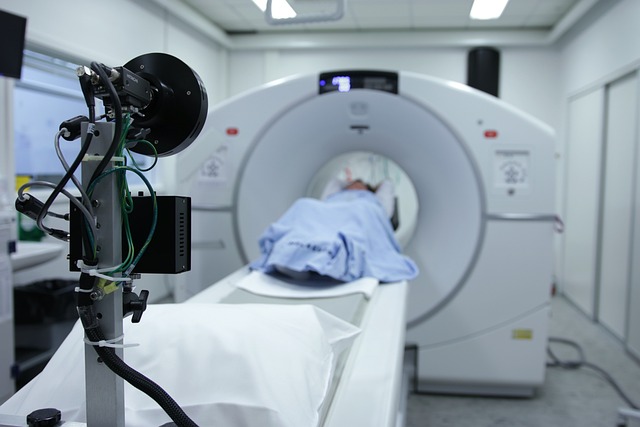Innovations in Primary Care Technology
betbook250 com, reddy anna book online, playlotus365 com:The Role of Primary Care in Managing Mental Health
In recent years, there has been a growing recognition of the importance of mental health and the role that primary care physicians play in managing it. Primary care providers are often the first point of contact for individuals seeking help for mental health concerns, making them crucial in the early identification and treatment of mental health conditions.
The stigma surrounding mental health has slowly begun to lift, allowing more individuals to speak openly about their struggles and seek help. As a result, primary care providers are seeing an increasing number of patients with mental health concerns, ranging from stress and anxiety to depression and schizophrenia.
Primary care providers are well-positioned to address mental health concerns due to their comprehensive approach to healthcare. They have a holistic view of their patients’ health, taking into account physical, emotional, and social factors that may impact mental well-being. By establishing a trusting relationship with their patients, primary care providers can provide valuable support and guidance in managing mental health conditions.
One of the key roles of primary care providers in managing mental health is the early identification of symptoms. By conducting screenings and assessments during routine appointments, primary care providers can detect mental health concerns early on and provide timely interventions. Additionally, primary care providers can help patients navigate the complex mental health system, connect them with appropriate resources, and monitor their progress over time.
Furthermore, primary care providers play a vital role in the coordination of care for patients with mental health conditions. They work closely with mental health specialists, therapists, and other healthcare professionals to ensure that patients receive comprehensive and integrated care. By serving as the central point of contact for their patients, primary care providers can help streamline communication between different care providers and ensure continuity of care.
Despite the important role that primary care providers play in managing mental health, there are challenges that they face in providing adequate care. Limited resources, time constraints, and a lack of specialized training in mental health are some of the barriers that primary care providers encounter. As a result, many primary care providers may feel ill-equipped to address complex mental health issues and may refer patients to specialists for further evaluation and treatment.
To address these challenges, there is a growing emphasis on integrating mental health services into primary care settings. Integrated care models, such as collaborative care and the use of mental health consultants, aim to improve access to mental health services within primary care practices. By working collaboratively with mental health specialists, primary care providers can enhance their ability to manage mental health conditions and provide more holistic care to their patients.
In conclusion, primary care providers play a critical role in managing mental health by offering early identification, comprehensive care, and coordination of services for patients with mental health conditions. As the demand for mental health services continues to rise, it is essential for primary care providers to receive adequate support, training, and resources to effectively address the mental health needs of their patients.
FAQs
1. What types of mental health conditions can primary care providers help with?
Primary care providers can help with a wide range of mental health conditions, including anxiety, depression, bipolar disorder, schizophrenia, and post-traumatic stress disorder.
2. How often should I see my primary care provider for mental health concerns?
The frequency of visits will depend on the severity of your condition and the treatment plan recommended by your primary care provider. It is essential to follow up regularly and communicate any changes in your symptoms.
3. Can primary care providers prescribe medications for mental health conditions?
Yes, primary care providers are authorized to prescribe medications for mental health conditions. They may also refer you to a psychiatrist for further evaluation and management if needed.







